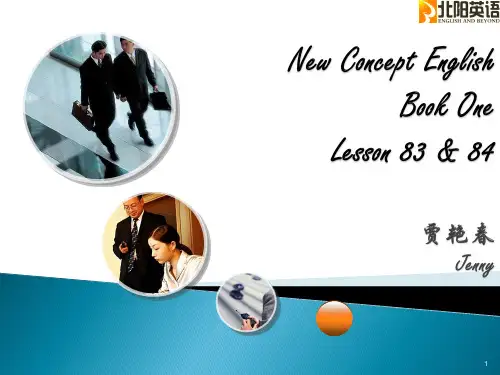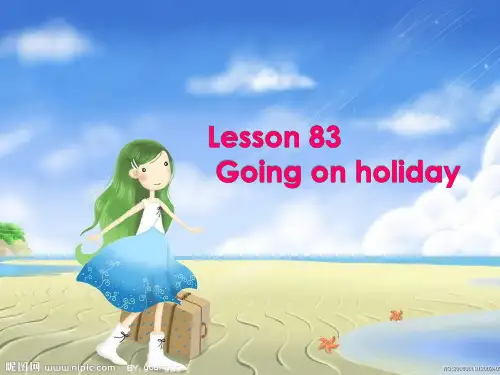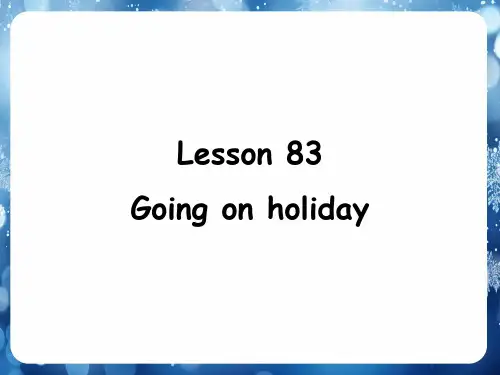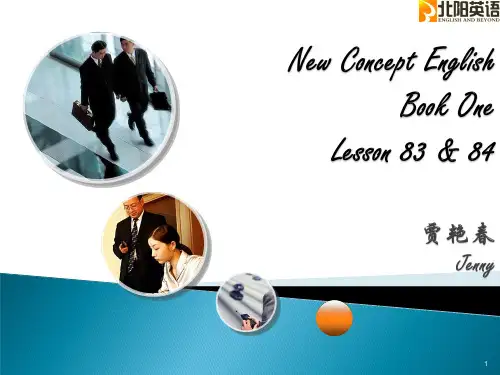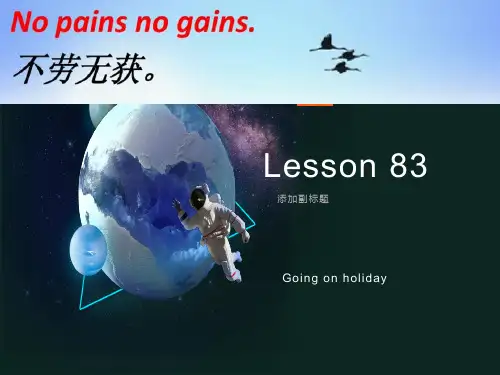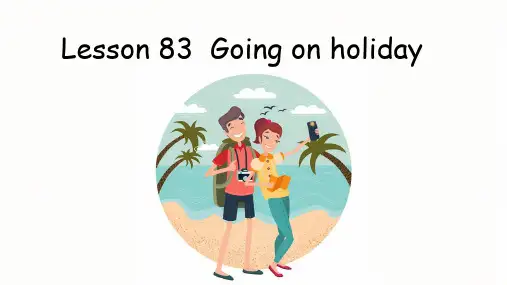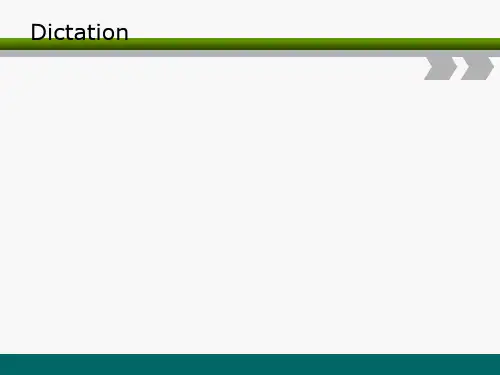Notes on the text:
1
2
3
4
5
6
7
1、He hasn't had any beans or peas. He has just had some beans and peas. 2、They haven't had any tea or coffee. They has just had some tea and coffee. 3、I haven't had any apples or peaches. I've just had some apples and peaches. 4、I haven't had any cabbage or lettuce. I've just had some cabbage and lettuce.
交通工具: bus, car, train, plane, ship, bike, subway 风景点: beach, lake, river, sea, seaside, temple, mountain, museum, park, forest,
New words and expressions:
Notes on the text:
Grammar: 现在完成时(The present perfect tense) 用途:表示在过去不确定的时间里发生并与现在存在某种联系的动作;表示开始于过去并持续到现在的动作。 1. 肯定句构成:主语+ have /has +动词过去分词(v-p.p) 2. 否定句构成:在have 或 has 后加 not. (haven’t/hasn’t) 3. 疑问句构成:把 have 或 has 提前即可。肯定回答:Yes, 主语+have / has. 否定回答: No, 主语+ haven’t/hasn’t. 典型例句: I have already worked in the company for two years. Have they just finished the work yet? He hasn't come here yet.




